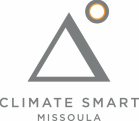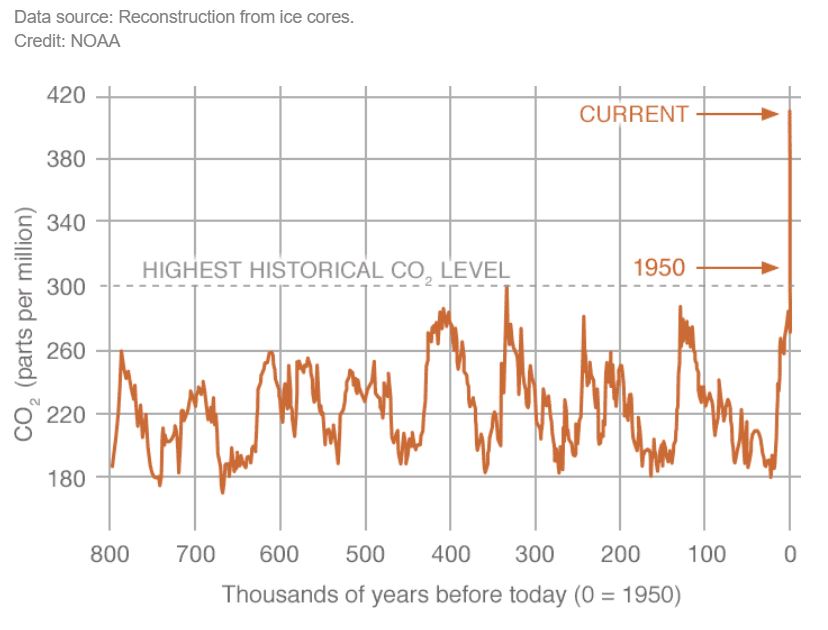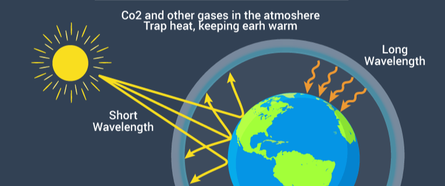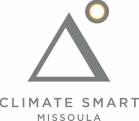|
Climate change affects human health, the flora and fauna we love, as well as the places that we call home. Whether through direct impacts, like changes in temperature or snowfall, or indirect impacts, like changes to an individual species' behavior or survival, climate change’s impacts are wide-reaching. |
The science behind climate change is the foundation of our work. what does climate change mean?
Weather is day to day, month to month, short-term changes in temperature and precipitation, while climate is long-term changes in temperature and precipitation. The World Meteorological Organization describes climate using a minimum period of 30-year averages.
Climate change is a global phenomenon that impacts us all. The US Global Change Research Program defines climate change as: "Changes in average weather conditions that persist over multiple decades or longer. Climate change encompasses both increases and decreases in temperature, as well as shifts in precipitation, changing risk of certain types of severe weather events, and changes to other features of the climate system." While there is some natural variation in Earth’s climate (caused by things like ocean patterns and variations in incoming solar radiation due to the Earth's orbit around the sun) for the past 100 or so years, actions humans have taken have impacted Earth’s climate in a significant way. These actions, like fossil fuel burning, have created a higher concentration of greenhouse gasses in Earth’s atmosphere which has created a rapidly changing climate. Want to learn more about the science behind climate change? Click here How is the climate changing in Missoula?
Montana’s average annual temperatures have risen between 2.0 to 3.0°F between the years of 1950 and 2015. By mid-century, Missoula temperatures are projected to increase by approximately 4 to 5°F, and by end-of-century, they are projected to increase by 5 to 8°F. Further, in the state of Montana, the expected state-level temperature increases are larger than the average changes predicted globally and nationally. What are some resources on Climate change?
At Climate Smart Missoula, we take a local, community-based approach to climate issues. If you’d like to learn more about how climate change impacts Missoula & Western Montana head here. Want to learn more about global or national climate? Check out: NASA: Global Climate Change NOAA Climate EPA: Climate Change Yale Program on Climate Change Communication Climate Central climate news
More on the greenhouse effect
The greenhouse effect is a key component to our global climate, a process by which the atmosphere absorbs and radiates solar energy. It is an essential process that maintains temperature and allows for life on earth. However, it has been intensified by human activity and combustion of fossil fuels.
HOW IT WORKS
There are four main greenhouse gases: carbon dioxide (CO₂), methane (CH4), nitrous oxide (N2O), and ozone (CFC's). All come from combustion of fossil fuels such as coal, oil, and natural gas. Since the 1750’s, atmospheric concentration of greenhouse gases have increased by 40%, 20%, and 150%, respectively, to levels that are unprecedented in at least the past 800,000 years (Intergovernmental Panel on Climate Change 2014). For comparison, an equivalent natural increase in greenhouse gases during the end of the past ice age took over 5,000 years. |
Climate Simulations
|
|





